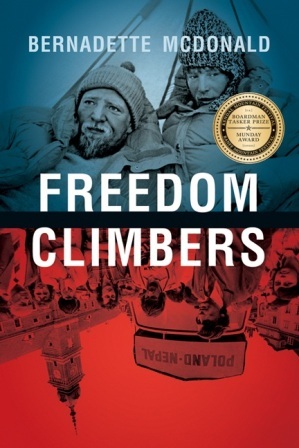But this week I've got two new genres (one of which I don't entirely know how to classify) in my "in the middle of": queer action-adventure/thriller/romance, and something vaguely girlsowny.
The Honor series by Radclyffe
 This is not the Honor Harrington series by David Weber. That one is military sci-fi and although I'm getting close to the point where there's going to be a marriage between three people, I'm not entirely sure that Weber can cope with queerness all that well. (If I'm wrong, I apologise.)
This is not the Honor Harrington series by David Weber. That one is military sci-fi and although I'm getting close to the point where there's going to be a marriage between three people, I'm not entirely sure that Weber can cope with queerness all that well. (If I'm wrong, I apologise.)This is the long (looong) running series starting with Above All, Honor starring Blair Powell, daughter of the US President, and Cameron Roberts, Secret Service agent. In the last two weeks I've reread books two and three, and purchased and read books four and five and started book six. I've also got book seven already, and am planning to buy the final book in the series as well as the First Responsders series, which contains a crossover in the third book.
So: my recent reads from this series are
- Honor Bound
- Love and Honor
- Honor Guards
- Honor Reclaimed
- Honor Under Siege - currently reading.
I Capture the Castle, by Dodie Smith (Audio, read by Jenny Agutter)
For my trip down to Melbourne, I - not realising that the e-version of Dowager Empress Cixi by Jung Chang was only available as an e-Audio, not as an e-Book, I'll get into this later - borrowed the CD book of I Capture the Castle, mostly because it was read by Jenny Agutter, who I adore.
I've never previously gotten past the first chapter, and since I read A Brief History of Montmaray I've not entirely wanted to go back to it, simply because I adore Montmaray and am a little uncomfortable with just how similar it feels at the beginning to Castle. But the name "Jenny Agutter" on the cover was enough to get that set of CDs in my hand.
I got through the first three CDs on the drive down. I will admit that I'm not entirely sure when I'll get to listen to the rest, necessarily, but I do own the book (the film tie-in cover, and given that Henry Cavill is in the film, I'm pretty sure we'll be watching it fairly soon, as M is a massive fan of Cavill. But I am really enjoying it, far more than I expected, even though The Starlight Barking is a dear and favourite book. I love the way Smith writes, and I do love a lot of the characters already.
I know I have a few friends for whom this book is a favourite, and I'm looking forward to finishing it and being able to discuss.
A note: this book is not a historical, because it is set in the 1930s and published in 1949.






















